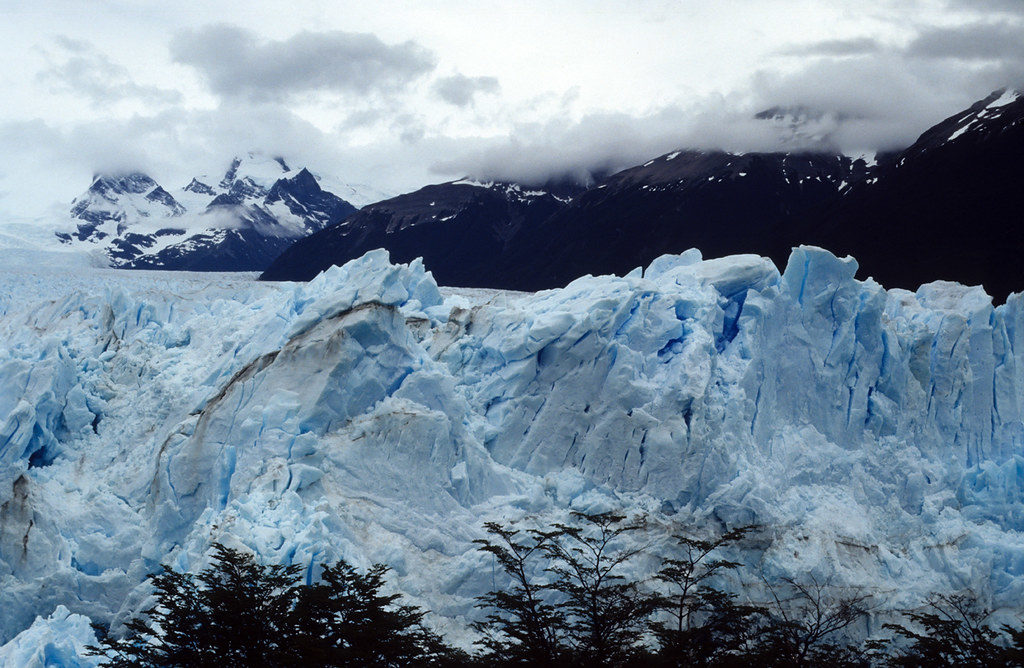
White-colored paths surrounding you while the cold wind is getting under your skin as you walk through the place, admiring the breathtaking landscapes that look as if you were living in the ice age. Being here gives you the same feeling of taking a journey either in the North Pole or in the South Pole, but with the slight difference that you don’t have to face up polar bears. Argentina’s southern ice cap is also known as the “third pole” and by trekking here you will get an idea of how the world was ages ago.

This place is not only the largest non-polar ice on earth, but also one of the biggest glacier mass, and getting into this journey will take you to Patagonia’s Los Glaciares national park. Its landscapes are filled with astonishing mountains, glaciers, valleys, and plains. Patagonia is located between two countries, Argentina and Chile; therefore, on the Chilean side, it begins on the south of the city of Puerto Montt and, in Argentina, on the south of the Colorado River.
Your starting point for this journey will be the busy town of El Calafate. From here, it will take you five hours on the road to get to the town of El Chaltén, which is located on the edge of the Los Glaciares national park. El Chaltén has become a base camp for expeditions, from here you will be able to see granite monoliths standing more than 1500 meters high, but you don’t have to worry about the modern facilities because this town has small hostels where you can stay, restaurants, and a couple of basic shops that will make your journey more comfortable before you head to the ice.
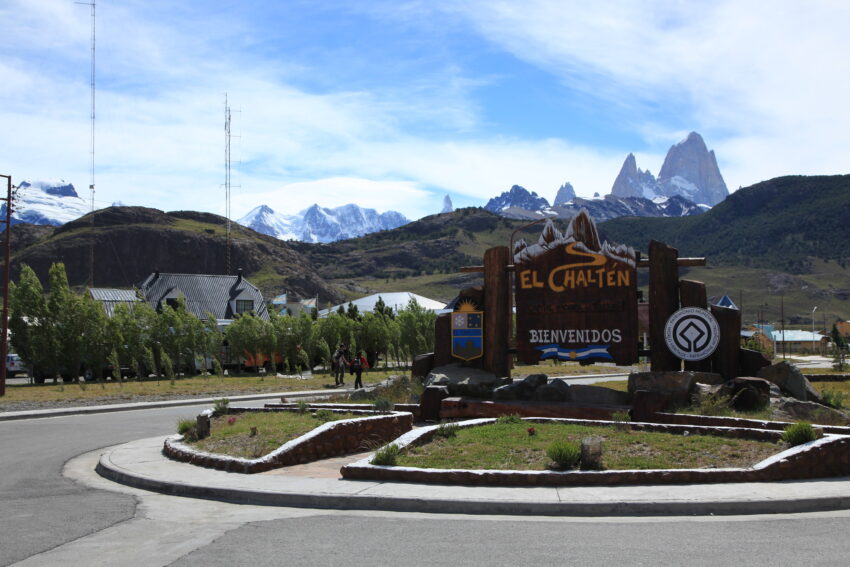
Once you decide to get into the ice cap you will spend around 20 minutes getting out of town, a little wooden sign will appear pointing out to a river that goes into a forest and the campsite of Piedra del Fraile (The Monk’s Stone). From here you will be able to see the valley, the snow-covered peaks, and the route that leads to the ice trek.
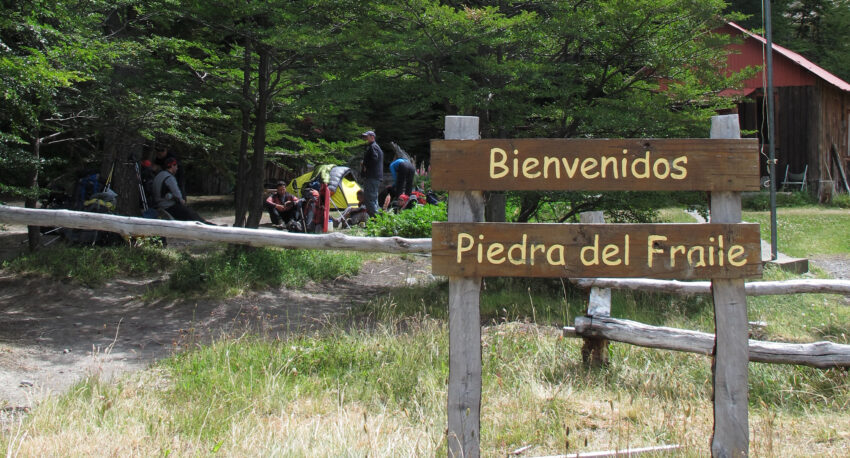
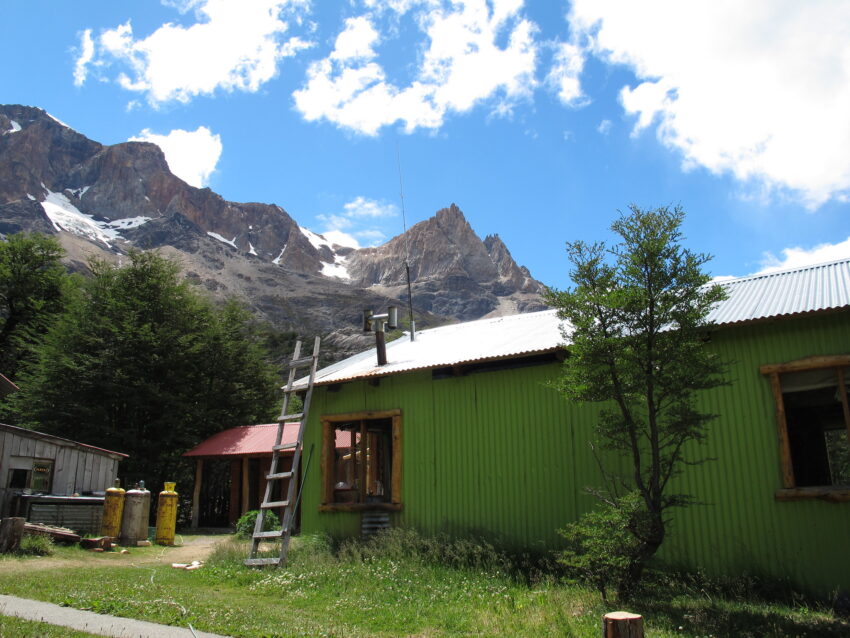
At this point, you will find yourself heading into an open scenery alongside a river that is fed by Lago Eléctrica. The track becomes a little bit more complicated as the trail begins to weave, but there is much more to discover so then you will have to continue walking further. As soon as you reach the beach (La Playita), you will discover on your first-night camping that it gets its name from its position towards the river.

Your journey towards the ice cap starts the next day when you step on the lower reaches of the Marconi Glacier, in this place you will find yourself choosing different routes and facing up obstacles that include ice-carved bridges and holes that can swallow you up, so you have to be careful. On the top of it, you will find Paso Marconi, which is the entrance to the ice cap.
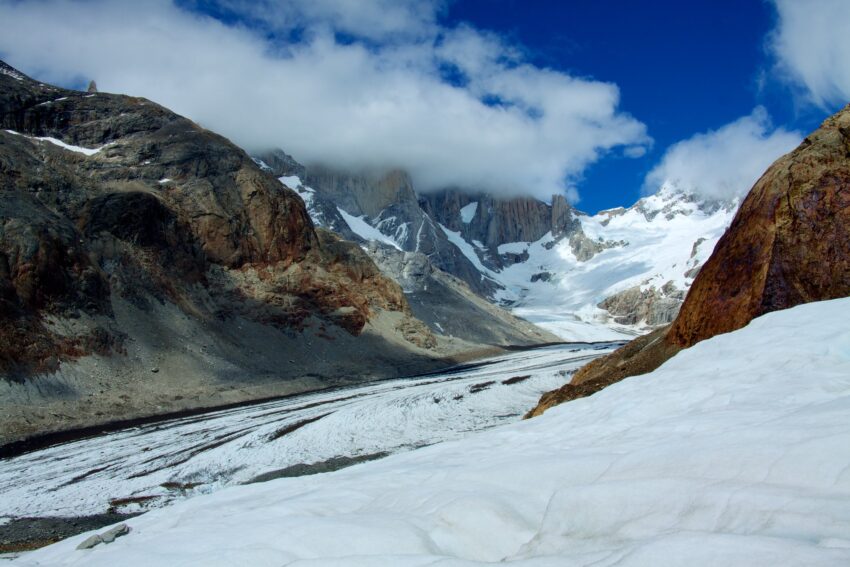
Right at this moment, you will have passed the short trek, you will be where the glacier opens, offering you a breathtaking view of a never-ending sea of ice. It’s true that what you have seen so far it’s spectacular, but nothing compares to this beautiful view that resembles a vast white ice blanket.
Just for you to know
You can plan and organize short treks to the ice cap by contacting Oyikil Viajes. The season to go there goes from October to April. Experience in camping and trekking is required as well as being self-sufficient in setting up camps and preparing meals. The terrain is demanding so you need to be in good shape in order to fulfill the requirements.
If you loved this article or found it useful, don’t forget to share it with your adventurous and travel-hacking friends! If you want more post like this, follow us on Youtube, Instagram, Pinterest, Twitter or Facebook and subscribe to our newsletter!

